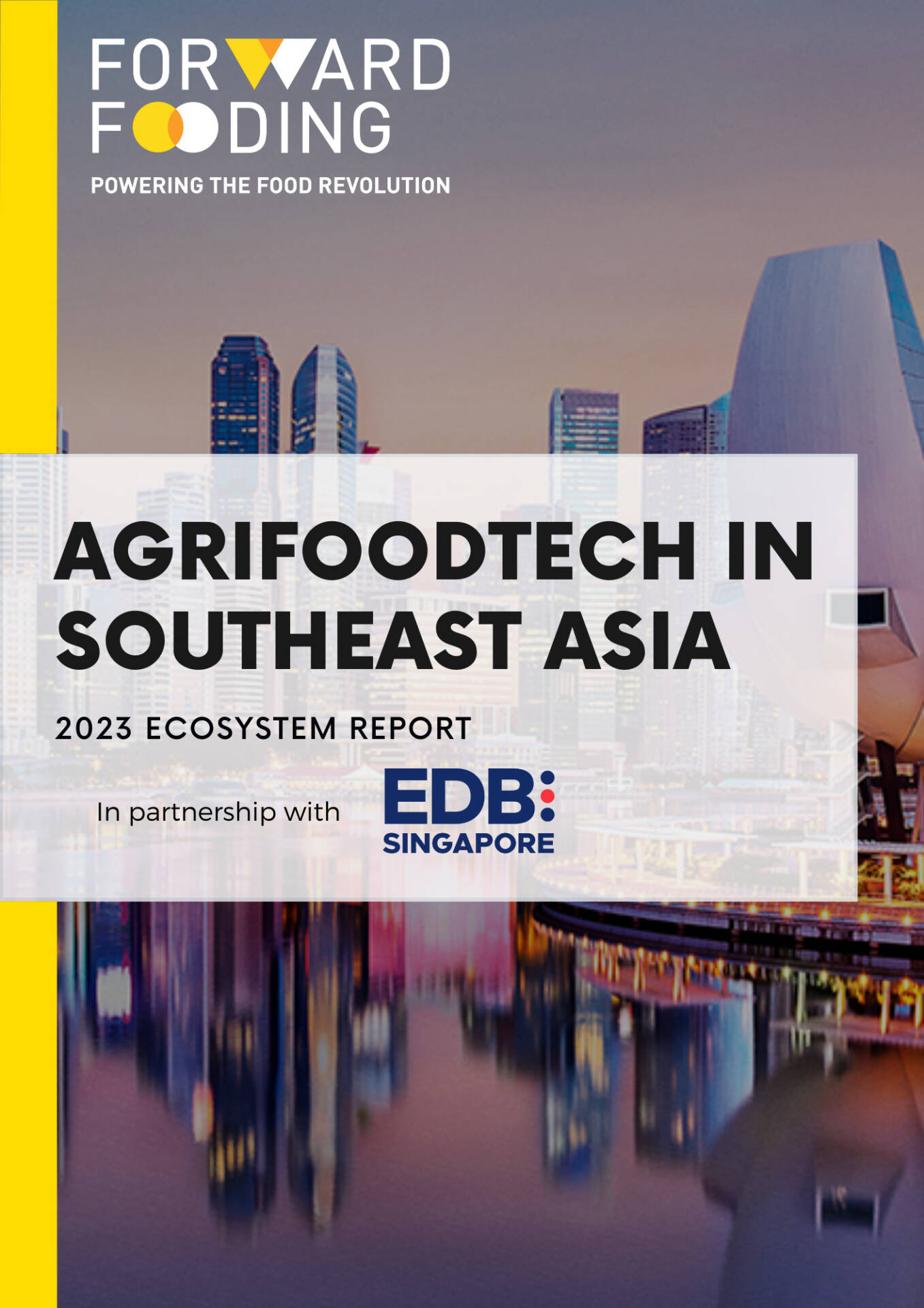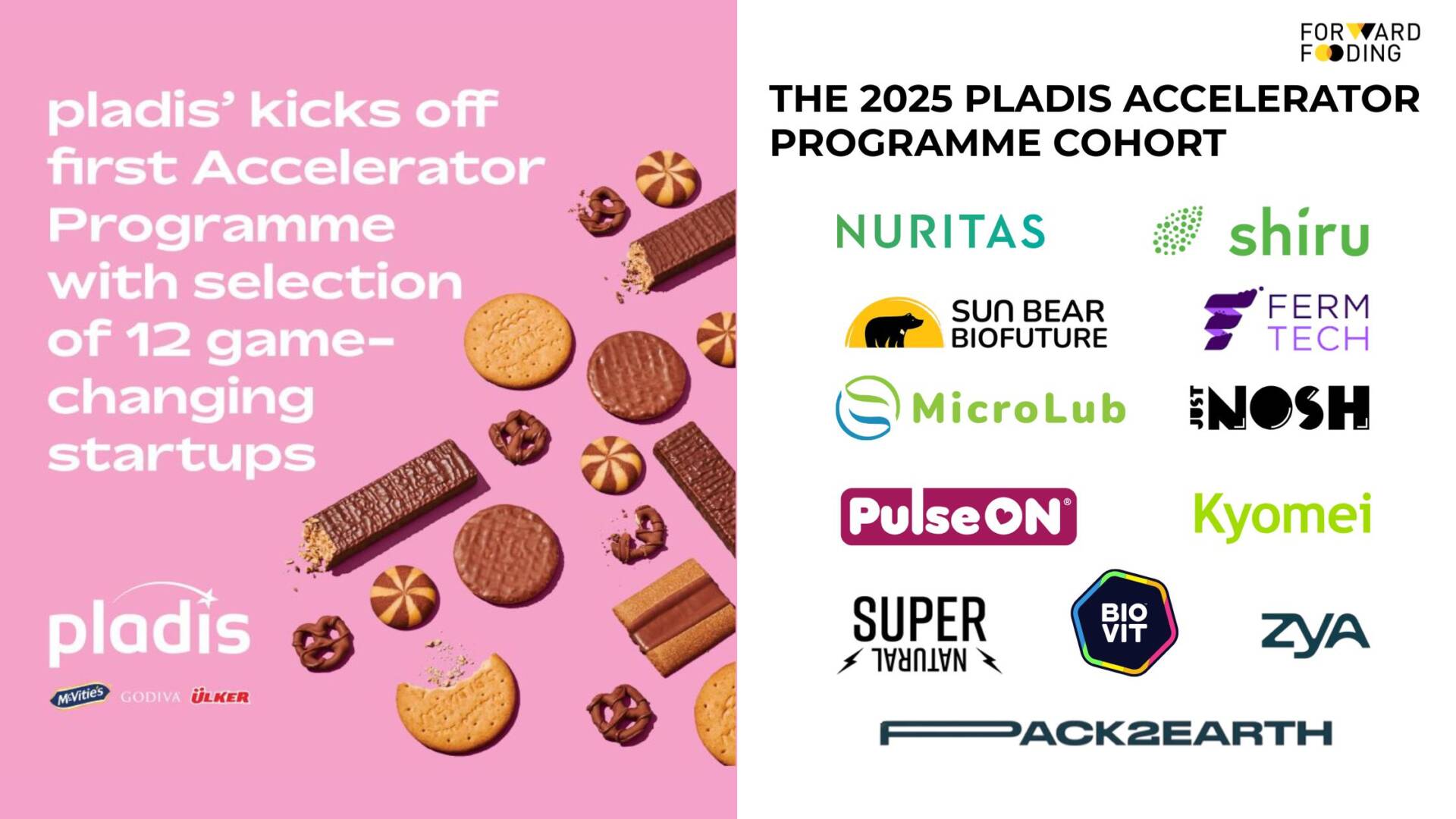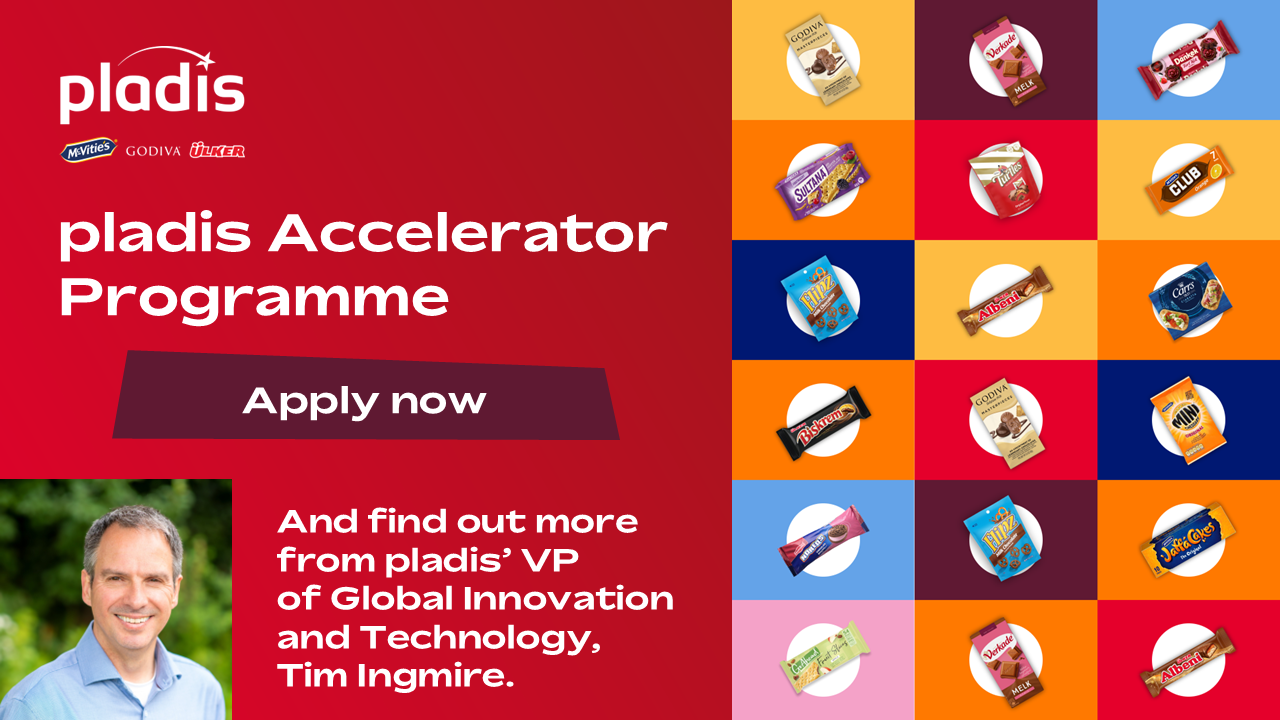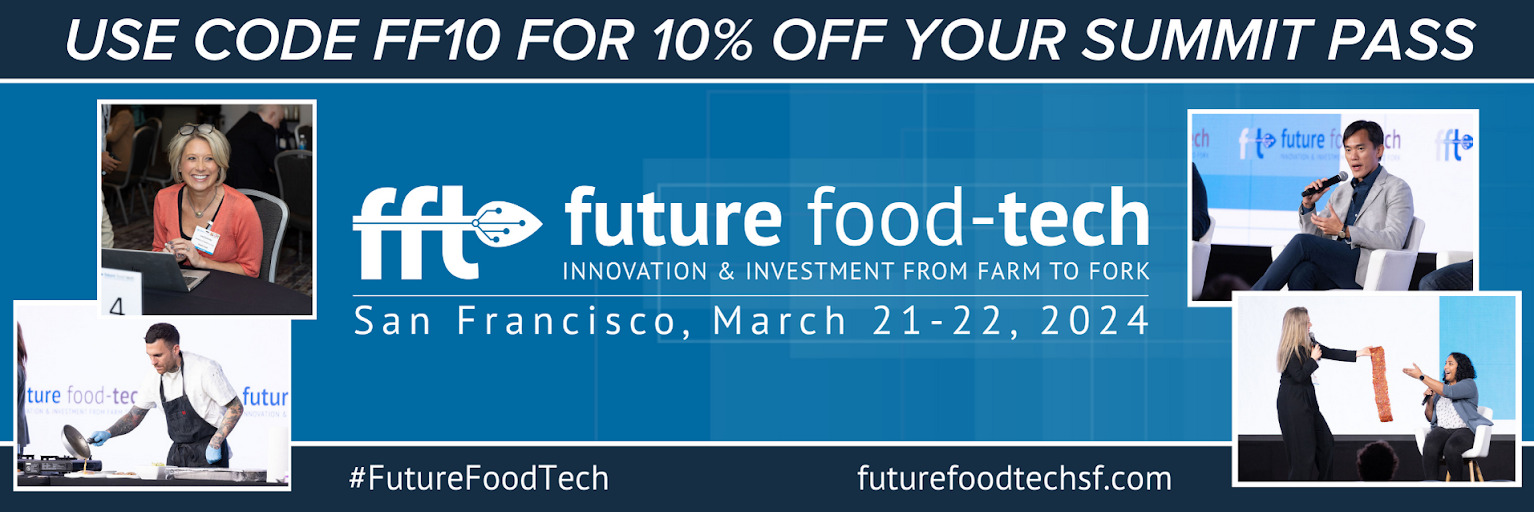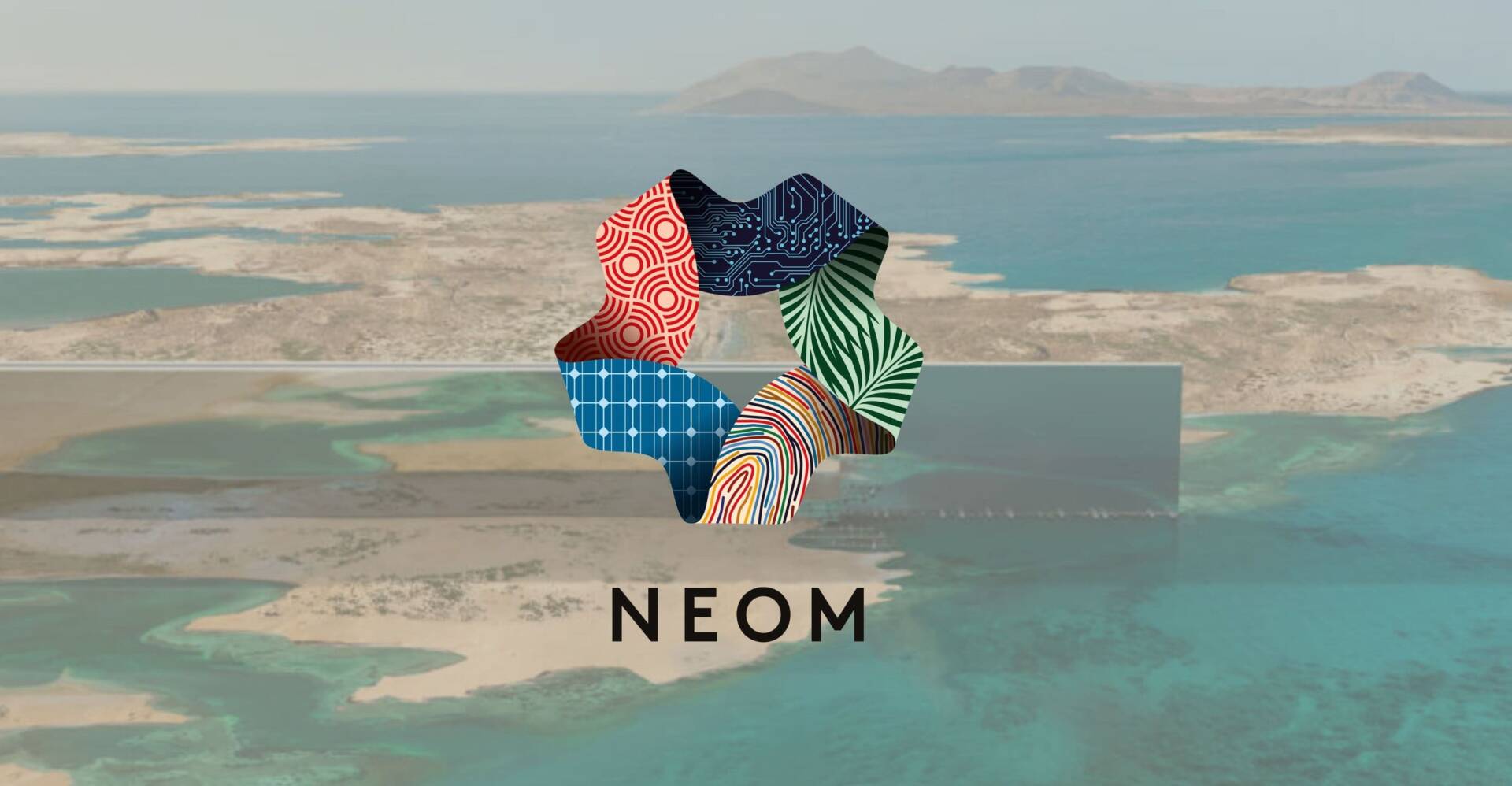FORWARD FOODING
THE BLOG
Food and drinks companies shifting to D2C models
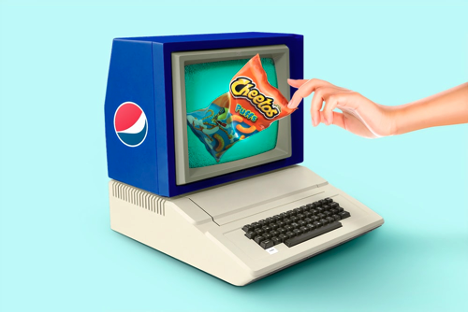
Direct-to-consumer models aren’t anything new in the food and drinks industry. But this trend has significantly accelerated in recent months, driven by the Corona pandemic. The latest entrants include Beyond Meat and Impossible Foods.
By Marina Montagner from OGI&Co

The pandemic has led to a wave of new customers shopping online. Some do that out of fear of visiting physical stores. Others do that just as a means of finding all items in their shopping lists due to empty shelves. Some of the world’s biggest food brands are now realising long-held ambitions to sell directly to consumers in the pandemic, using the disruption caused by the coronavirus to sidestep retailers. Is direct-to-consumer thus becoming a trend in the food industry?

A trend to shift to D2C models
Selling direct is a good opportunity for legacy manufacturers to reignite growth, according to Shopify. Pandemic aside, established players in the segment are facing competition from retailer brands and digitally native brands (DNVBs). This outlines the ever-growing importance of having a well-defined D2C strategy. In 2017, Amazon purchased Whole Foods, who have a growing millennial consumer base. And their increased consumer adoption rates, driven by an improved e-commerce user experience, shows how pivotal it can be for established players to build out the D2C channel. The pandemic has acted as a catalyst to an already existent trend. And it accelerated the need of an e-commerce platform. That said, we have also recently seen purely D2C focused brands, such as Dirtylemon entering traditional retail.
Major F&B top players are accelerating their D2C efforts, including giants such as Kraft Heinz, Coca-Cola, Mars and Pepsi. Indeed, these companies are collaborating with startups offering direct-to-consumer products to their clients. Examples include NatureBox, Piccolo, Dirtylemon, Aloha, among various other food tech startups which are leading the change. These, in addition to other startups, can be found and monitored in the food tech and agritech ecosystem mapping platform FoodTech Data Navigator, powered by Forward Fooding.
Today, companies risk damaging their brands if they aren’t mastering e-commerce, logistics, and returned goods while providing quick, contactless delivery. NatureBox is an example of a startup that has been constantly evolving its business model. It first operated in a simple direct-to-consumer model. Then it moved to a corporate subscription snacking business. And following the outbreak, it changed its business model for a third time, into an all-in-one automated solution delivering personalised corporate snack boxes directly to employees at home or the office.

A possibility to increase online sales through direct-to-consumer in the food industry
According to Statista, by 2021, e-commerce is expected to grow to nearly 18% of overall sales. And it will trend towards 22% by 2023, from 14% in 2019. For the F&B industry, the share of online sales tends to be relatively lower, with leading companies makers such as Nestlé, PepsiCo, and Mars generating less than 10% of total revenues through direct-to-consumer offerings (2019). However, the share of online sales could reach 15-20% of sales by 2025, according to LEK consulting. As retailers and D2C brand owners improve their online platforms and ensure that sluggish fulfillment becomes a thing of the past, the adoption rates of online F&B purchases should continue accelerating. As a consequence, it becomes essential for F&B brands and manufacturers to evolve with the trend and execute an omnichannel strategy.

Source: LEK consulting
D2C: the new normal
Based on a report from Research and Markets, the global F&B e-commerce market is expected to grow from US$14.9bn in 2019 to cUS$22.4 billion in 2020. Now, a very large number of people are working from home and in self-quarantine due to the outbreak of COVID-19. And their preference for purchasing food, beverages and other essential groceries, has been through online channels. Research and Markets expect the market to stabilise and reach US$34.6 billion at a CAGR of 23.4% through 2023.
While we believe that many will return to spending patterns from pre-corona times, D2C will be a new alternative for consumers. According to GlobalData, direct-to-consumer platforms in the food industry will be complementary to existing channels, at least among the big manufacturers. And, given the new entrants, the market serving the consumer directly is going to remain active.
In fact, a direct-to-consumer channel brings significant benefits such as better control of profits by manufacturers, a more efficient response to fast-changing consumer needs, increased consumer loyalty and a more personalised experience for consumers. And these benefits may make D2C the new normal at some point. It will be crucial for food and beverage brands to embrace this way of business and appeal to consumers as this trend continues to evolve. At the same time, brands will have to be able to maintain relationships with retailers and other partnerships.
We see the food industry shifting more and more to a direct-to-consumer model. And not only can this shift lead to an increase in online sales. But with greater efforts to improve logistics and customer experience on the e-commerce platform, this business model could become customers’ main choice of purchasing F&B products.
The FoodTech Data Navigator
We monitor some of the above-mentioned companies in our proprietary data intelligence platform, called the FoodTech Data Navigator. The FoodTech Data Navigator is the world’s first AgriFoodTech data intelligence platform. Learn more about the FoodTech Data Navigator!
Did you find this article useful? Then like it, share it, or leave a comment.
Follow us
Sponsored Articles
9 July 2025
Forward Fooding celebrates the selection of 12 pioneering startups for the inaugural pladis Accelerator Programme. From water lily popcorn to sugar-converting enzymes, these innovations represent the future of snacking, addressing obesity, sustainability, and personalized nutrition through cutting-edge food technology.
21 March 2025
Tim Ingmire, VP of Global Innovation & Technology at pladis, discusses how the snacking giant is supporting early-stage startups in foodtech, health, and sustainability through their accelerator program. Learn about their focus on personalized nutrition, functional foods, and future ingredients to bring innovative, delicious products to consumers worldwide.
8 February 2024
Future Food-Tech returns to San Francisco on March 21-22 Over 1,700 food-tech leaders, from CPG brands, retailers, ingredient providers, [...]
1 February 2023
The 4th edition of FoodTech 500 is taking off and we are excited to partner with NEOM for the third consecutive year to support the best international AgriFoodTech entrepreneurs.
10 February 2022
One of the elements we enjoy the most here at Forward Fooding about working with AgriFoodTech startups is being [...]
